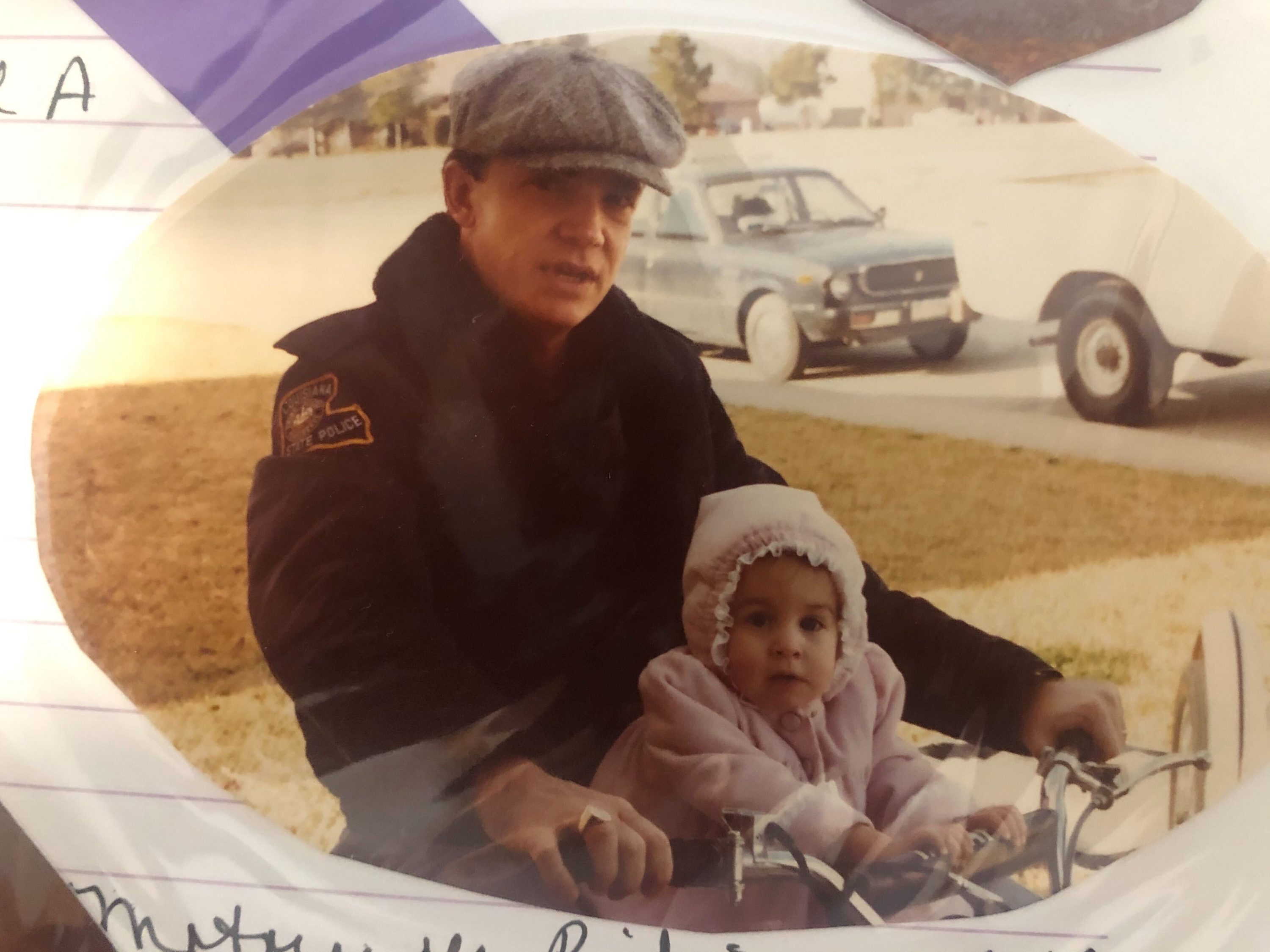
Lindsey Fontenot
July 6, 2010Thursday, July 8
July 8, 2010It is no mistake that Louisiana is shaped like a boot.
We are the shoe on which America stands. We deliver the seafood and sugarcane, serve as a port to the world and, as the nation has been reminded for the past 79 days, we are a vital source for oil.
This week, the Gulf Coast region returns to court – this time at the U.S. 5th Circuit Court of Appeals – to argue against President Barack Obama’s six-month moratorium on deepwater oil exploration.
As lawyers face off before a three-judge panel, oil continues to flow virtually unstopped into the Gulf of Mexico.
As the days since the April 20 explosion of BP’s Deepwater Horizon oilrig, the Tri-parishes has seen its’ economic base rocked at its very core.
Multigenerational companies have had to shutter their doors as the seafood industry has been forced to a standstill. Fishermen are left waiting on a call from BP’s Vessels of Opportunity program for jobs cleaning up our shoreline instead of fish.
Similarly, those in oil-related jobs have seen their lives put on hold or, at the very least, their financial well-being threatened.
However well meaning, Obama’s moratorium does nothing to stop BP oil from polluting our waters. As has been said again and again, the measure simply penalizes the many oilrigs safely operating within the boundaries of U.S. laws.
Hopefully, the judges will agree with District Court Judge Martin Feldman’s earlier ruling that the six-month moratorium was unfairly imposed. If the moratorium stands, the hardship it places on our region could very well be the final nail in our economic coffin.
What hurricanes, tropical storms and Louisiana politics has failed to undo, a moratorium on our two foremost industries – seafood and oil and gas exploration – may accomplish.
Let’s pray rationale minds prevail.
OTHER VIEWS…
Louisiana residents are wary of President Barack Obama’s commission to investigate the Deepwater Horizon oil spill, in great part because the White House weighted the group with experts who seem more qualified to deal with the spill’s environmental effects than with its causes.
That has fed fears that some commission members may push to diminish drilling or eliminate it altogether, ignoring the nation’s energy needs and the livelihood of thousands of Louisianians.
Those concerns are not assuaged when the National Resources Defense Council, whose president sits on the president’s commission, is supporting the government’s court battle to enforce a drilling moratorium.
After she was appointed to the commission, NRDC President Frances Beinecke said on June 16 that she would not be involved in her environmental group’s efforts in the Gulf in order “to protect the independence and integrity of the commission.” She’s also said the commission needs to be “fully independent” and “unbiased.”
But Beinecke’s own statements before her presidential appointment, which mirror the NRDC’s current position in court, make it hard for Louisianians to trust that she has an open mind about matters on which our region’s future depends.
On May 21, Beinecke said the presidential commission should help “decide whether, when, where and under what circumstances new offshore drilling operations should be allowed.” On May 27, she said that until the presidential commission’s recommendations are implemented, “there should be no new offshore drilling activity permitted – in deep water or shallow.”
Louisianians are watching in horror as the spill befouls our environment and want to protect its future. But Beinecke’s position is even more drastic than the deepwater moratorium the government wants to reinstate. Independent scientists and experts endorsed a much more limited moratorium, which was sensible.
Her position raises alarms among Louisianians who are trusting in Obama’s repeated statements that domestic oil drilling will remain an important part of our nation’s energy strategy. That calls for the commission to focus on how best to resume drilling safely, not on debating whether drilling should resume at all. …
– The Times-Picayune, New Orleans





